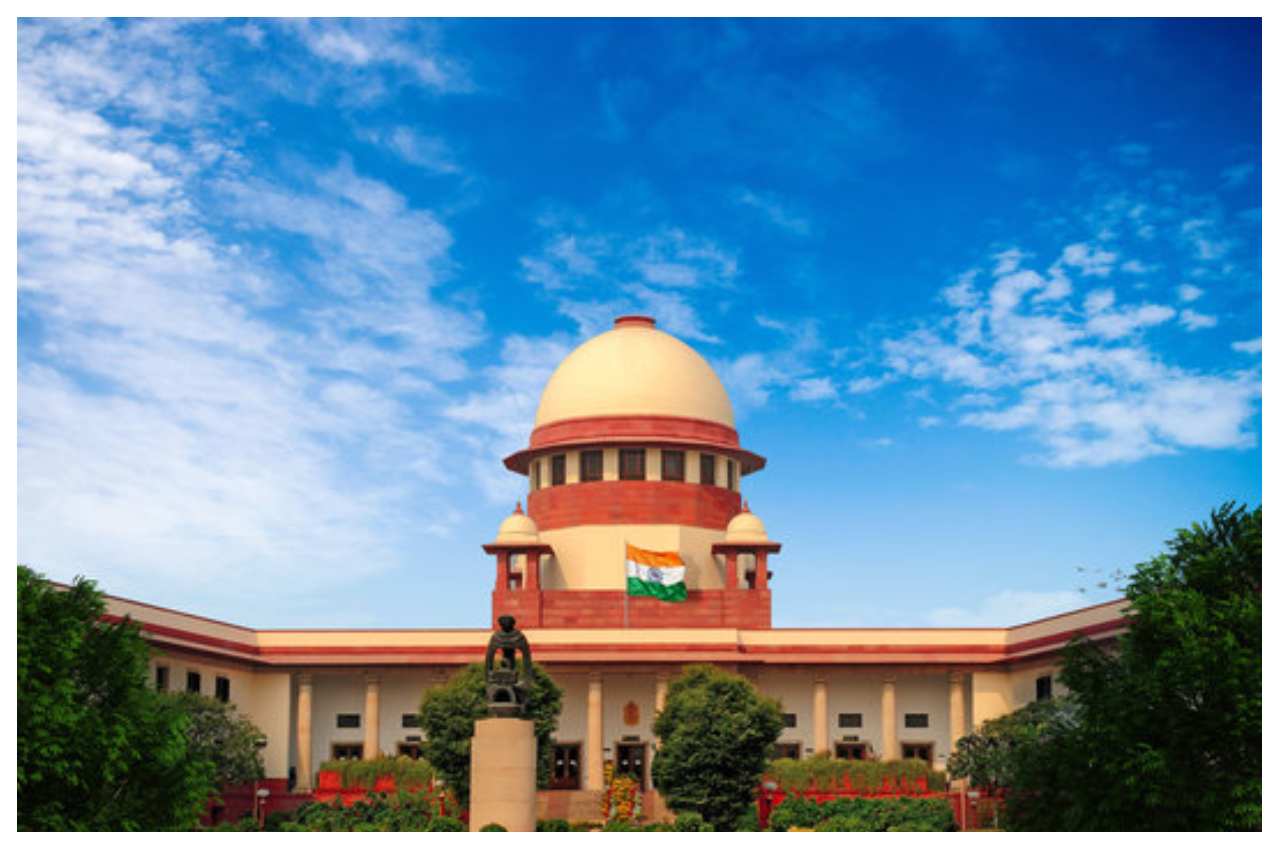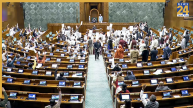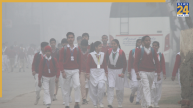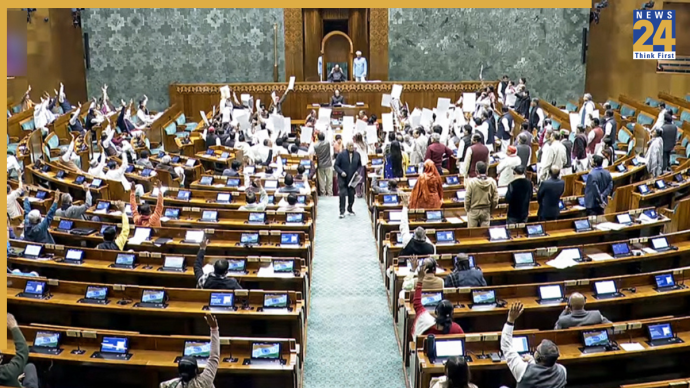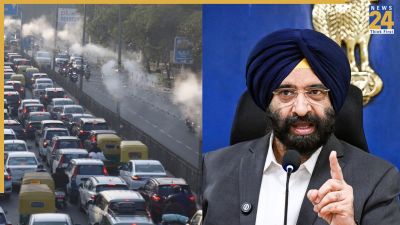New Delhi: The Supreme Court Monday sought a response from the Centre and the Gujarat government on a plea filed by Bilkis Bano challenging the remission of 11 convicts in the gang-rape case.
A bench consisting of Justices KM Joseph and BV Nagarathna asked if uniform standards were followed while granting premature release to the convicts who were sentenced to life in cases related to several murders and gang-rapes played out duringt the 2002 Gujarat Riots.
“We have before us many murder cases where convicts are languishing in jails for remission without years. Is this a case where standards have been applied uniformly as in other cases too?” Justice KM Joseph questioned.
The special bench was hearing a bunch of petitions including the one of Bilkis Bano challenging the state government’s decision to release 11 convicts on Independence Day last year. A court had conviced the 11 men in 2008 for sexually assaulting Bilkis Bano and killing her family members.
Read More :-BHAJJI BATS FOR ALL SPORTS AND GAMES FOR CELEBRATING ICONS
The bench termed the crime as “horrendous” while directing the state government to be ready with all the relevant documents in the matter granting remission to the convicts.
Appearing on behalf of PIL petitioners’ Advocate Vrinda Grover highlighted that the presiding judge of the Trial court and the Central Bureau of Investigation (CBI) had objected the remission but their opinion was ignored.
Grover added that one of the convicts had molested a woman while being on parole and a case in that regard is pending. He said that this aspect was ignored as well.
Vrinda Grover highlighted the gravity of the case saying that there are multiple gang-rapes and murder cases including that of a 3-years old and sexual assault of pregnant woamn. She said under such circumstances, the polcies of both Centre and Gujarat government do not allow remmission.
Read More :-BREAKING! NOTICE ISSUED TO RAHUL GANDHI, ASKED TO VACATE GOVT BUNGLOW
Meanwhile, Advocate Rishi Malhotra, defending the convicts, submitted that the policy of the government who was prevalent at the time the crime was committed must be considered. He added that based on that, the Gujarat government was justified granting remmission under the 1992 policy.
Read More :- Latest India News

